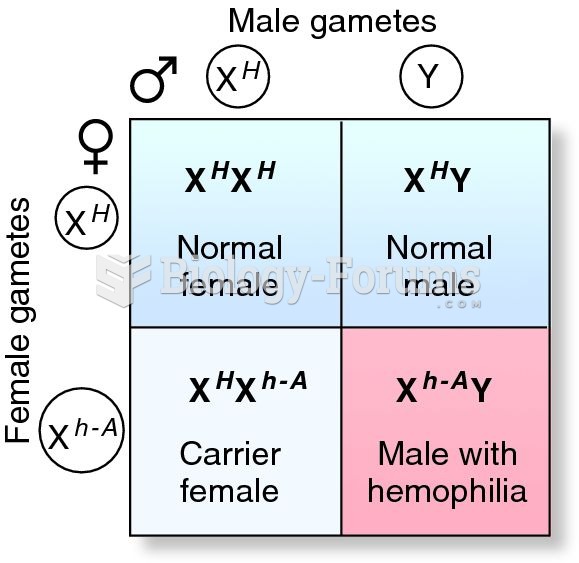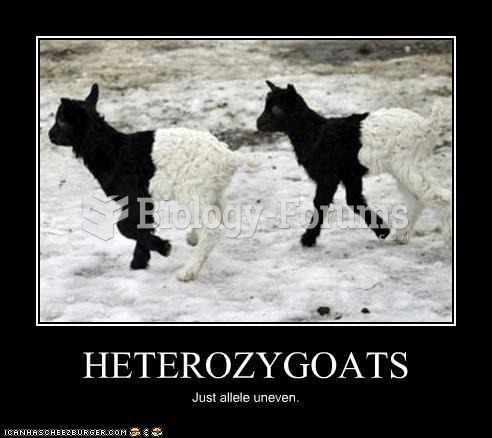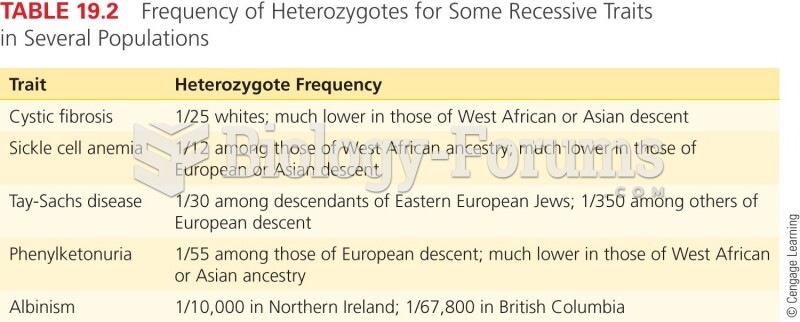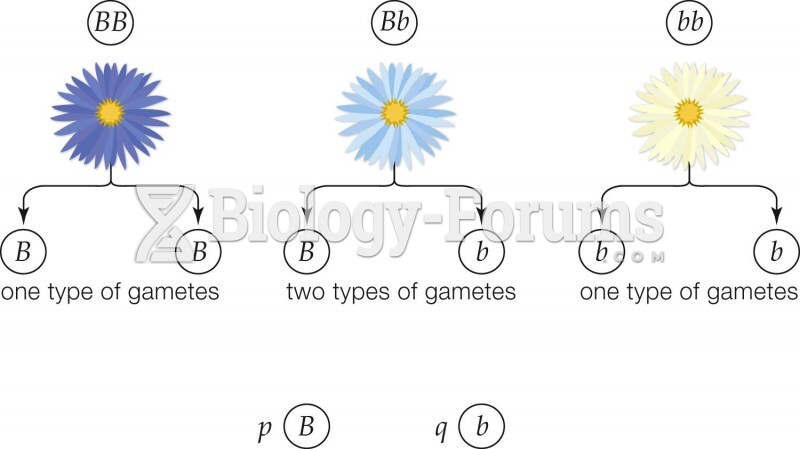This topic contains a solution. Click here to go to the answer
|
|
|
Did you know?
Drugs are in development that may cure asthma and hay fever once and for all. They target leukotrienes, which are known to cause tightening of the air passages in the lungs and increase mucus productions in nasal passages.
Did you know?
The human body produces and destroys 15 million blood cells every second.
Did you know?
There are over 65,000 known species of protozoa. About 10,000 species are parasitic.
Did you know?
Blood in the urine can be a sign of a kidney stone, glomerulonephritis, or other kidney problems.
Did you know?
The B-complex vitamins and vitamin C are not stored in the body and must be replaced each day.







